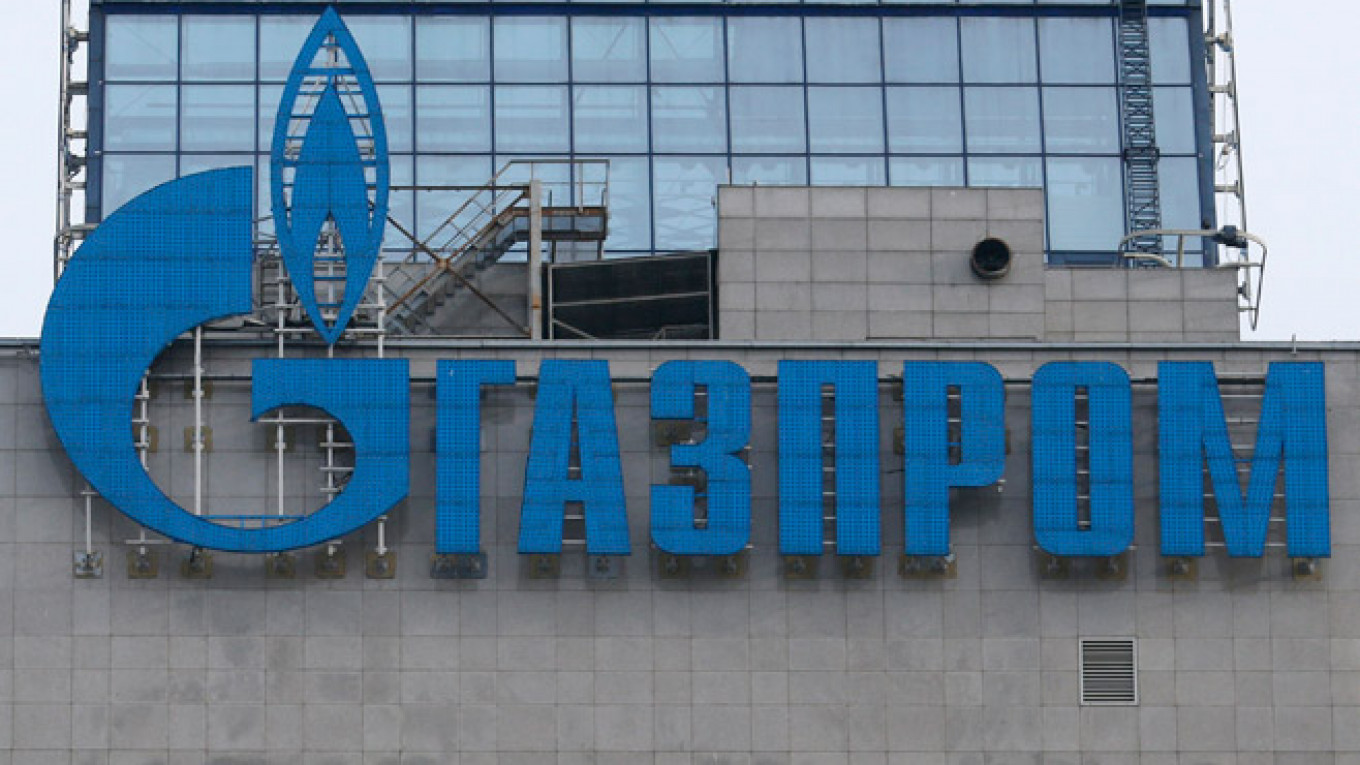Russia's state gas monopoly Gazprom and European partners intend to build a pipeline to transport up to 55 billion cubic meters of natural gas annually from Russia to Germany across the Baltic Sea, the company said in a statement Thursday.
Gazprom CEO Alexei Miller signed a memorandum of intent with the heads of European energy companies E.ON, Shell and OMV, in which the companies pledged to cooperate on building the new energy infrastructure.
The statement did not specify when the pipeline would be built. A joint venture will be formed soon to manage the project, based on "the positive experience and achievements of Nord Stream AG," the statement said, referring to the company formed in 2005 to manage the creation of the Nord Stream pipeline.
"The new project is a trans-Baltic pipeline, it is in fact a second Nord Stream," Gazprom spokesman Sergei Kupriyanov told news agency RBC, referring to an existing pipeline that carries Russian gas to Germany through the Baltic region.
Germany already receives 39 percent of its natural gas from Russia via Nord Stream, according to a report by German magazine Der Spiegel last year.
Kupriyanov told RBC that the new pipeline will be exempt from the EU's Third Energy Package, a set of laws that stipulates, among other restrictions, that a gas supplier cannot own the pipeline that it uses to deliver gas. These regulations were used to block another Russian pipeline project, South Stream, last year.
"The new project is not subject to the Third Energy Package because it will be on the bottom of the ocean and no parts will be on land," Kupriyanov said.
The EU pressured member state Bulgaria, through which South Stream was to cross into Europe, to suspend the project because Gazprom would own 50 percent of the pipeline. Russia accused the EU of imposing backdoor sanctions on Russia for its actions in Ukraine and scuttled the project.
A Message from The Moscow Times:
Dear readers,
We are facing unprecedented challenges. Russia's Prosecutor General's Office has designated The Moscow Times as an "undesirable" organization, criminalizing our work and putting our staff at risk of prosecution. This follows our earlier unjust labeling as a "foreign agent."
These actions are direct attempts to silence independent journalism in Russia. The authorities claim our work "discredits the decisions of the Russian leadership." We see things differently: we strive to provide accurate, unbiased reporting on Russia.
We, the journalists of The Moscow Times, refuse to be silenced. But to continue our work, we need your help.
Your support, no matter how small, makes a world of difference. If you can, please support us monthly starting from just $2. It's quick to set up, and every contribution makes a significant impact.
By supporting The Moscow Times, you're defending open, independent journalism in the face of repression. Thank you for standing with us.
Remind me later.






